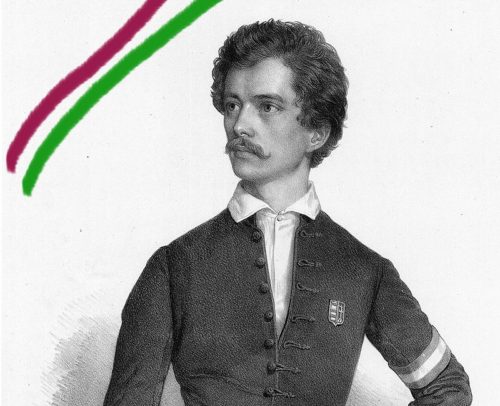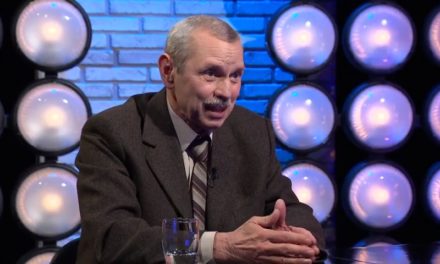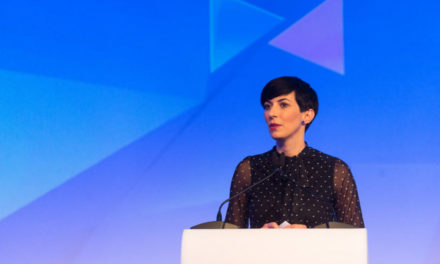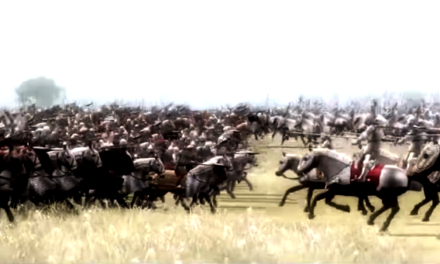This year, the Hungarian Department of the University of Warsaw turned 70. The university education of Hungarian language and culture has a longer history there, but an independent department - the first of its kind in Poland - was created only in 1952. On this special occasion, a scientific conference entitled The Faces of Romance was held.
2022 is the year of romance in Poland. Two hundred years ago, Adam Mickiewicz's era-opening book of poems entitled Ballads and Romances was published in Vilna. It can be considered obvious that the Hungarian department connected the event with the Petőfi anniversary. This also offered the hosts the opportunity to invite the country's other two departments of Hungarian studies – from Poznan and Krakow.
And since Finnish philology is connected to the Hungarian departments, the topics of Finnish romanticism also appeared at the conference. The conference thus became a multi-faceted, well-edited whole, centered on Petőfi's oeuvre.
In this way, the exceptional era of Hungarian romanticism was revealed to us, to the presentation of which the linguist colleagues also contributed with instructive deep digging.
Elzbieta Szawerdo talked about the transmediality of Petőfi's work, the specific dimension of her cult, and how her person and life's work appeared in different media. We received a thorough overview of his presentation. His important statement is that the oeuvre is given new life in this way, since it is no longer only conveyed by the school, but also through the influence of rock operas (such as 1988's The Poet Returns), theater and film adaptations, happenings, computer games, and, as a result, the universal character of his oeuvre we can face. And Csilla Gizinska presented a Polish Petőfi drama in her performance. The young Polish poet Jan Marszalek visited Hungary with a literary scholarship in 1975, and Petőfi, i.e.
He became Hungarian again for his work Magyar, which he completed that year, but could not be published due to censorship reasons, and it was not published until 2008.
The rich professional program was closed by the musical performance of János Háy and Tamás Rozs A character of world poetry called Petőfi. It was a wildly successful premiere in Hungarian in the university council room on Dobra street in Warsaw. The poet's life - told in text and song. János Háy performed simultaneously as a performer, actor and poet, and sometimes even as a musical accompanist. He was able to deal with certain pieces of Petőfi's oeuvre, which were not always aware of, and were unfathomably diverse.
Source and full article: Magyar Nemzet
Featured Image: Wikipedia












